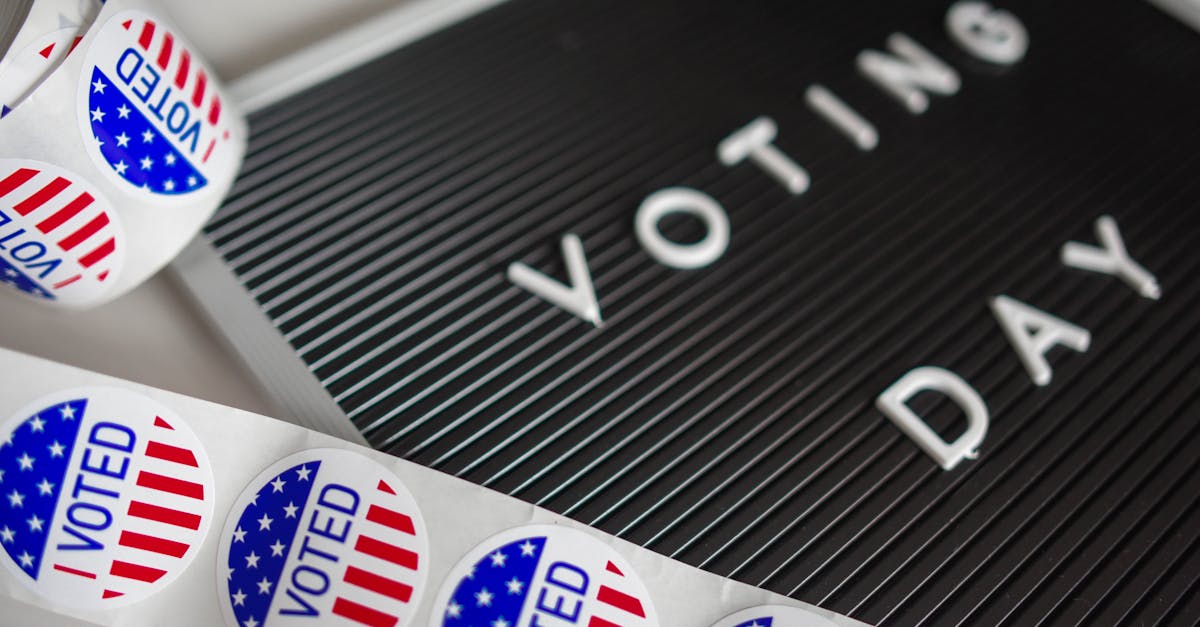
In the realm of education, the banning of books has always sparked fierce debates and controversies. While the notion of restricting access to certain literary works may seem as old as time itself, recent trends have shown a surge in unconventional stories surrounding this practice in America’s international schools. These educational institutions, known for their diverse student bodies and forward-thinking curriculum, are not immune to the complexities of navigating the fine line between censorship and freedom of expression.
One of the most intriguing aspects of the sport of book bans in international schools is the clash of cultural norms and values. As students from various backgrounds come together in these academic settings, conflicts often arise when certain texts challenge traditional beliefs or societal norms. This clash of ideologies can lead to heated discussions among students, teachers, and parents, ultimately shining a spotlight on multiculturalism and the need for tolerance in today’s globalized world.
Furthermore, the evolving landscape of digital media and online platforms has added a new layer of complexity to the book ban saga. With the proliferation of e-books and audiobooks, students now have access to a plethora of reading materials outside of the traditional school library. This digital revolution has made it increasingly challenging for authorities to control what students are exposed to, blurring the lines between academic censorship and personal freedom.
In light of these unconventional stories, it is crucial for international schools in America to strike a delicate balance between honoring cultural sensitivities and fostering critical thinking skills among students. While certain texts may be deemed controversial or offensive in one cultural context, they may hold educational value in another. By promoting open dialogue and encouraging students to engage with diverse perspectives, schools can create a more inclusive and intellectually stimulating environment for all.
As we navigate the ever-changing landscape of book bans in international schools, it becomes evident that the sport of censorship is not a one-size-fits-all phenomenon. Each case presents its unique set of challenges and opportunities for growth and learning. By embracing these unconventional stories with an open mind and a commitment to academic freedom, America’s international schools can truly become beacons of enlightenment and understanding in an increasingly interconnected world.
In conclusion, the sport of book bans in America’s international schools is a multifaceted issue that demands careful consideration and thoughtful deliberation. By embracing diversity, fostering critical thinking, and promoting open dialogue, these educational institutions can navigate the complexities of censorship while nurturing a vibrant intellectual community. As the ongoing saga of book bans continues to unfold, let us remember that the true power of education lies in the freedom to explore, question, and learn from all perspectives, no matter how unconventional they may seem.







Wow, banning books in school? That’s like telling a fish not to swim! But hey,
i think this is a very interesting topic because i believe that banning books is not good. freedom of speech is important, and we should be able to read what we want. it’s like, we need to have open minds and learn from different perspectives, you know? every book has something to teach us, even
I think it’s so interesting how book bans can create such strong feelings and conversations in schools. It’s like, we all want to learn and grow, but sometimes what one person thinks is
I think it’s so important for students to have access to a variety of perspectives and ideas through books, even if they may challenge traditional beliefs. It’s all about fostering critical thinking and open dialogue in a diverse academic setting. Plus, with
Yo, who knew book bans were such a wild sport in international schools? It’s like a literary version of the Olympics, with students and teachers facing off in the ultimate battle of censorship versus freedom of expression. And
Hey y’all! This was a real interesting read. I think it’s super cool how international schools in America are dealing with book bans and all that. It’s like a big ol’ clash of cultures and ideas and stuff. But hey, diversity is good, right? And it
Ugh, here we go with the book banning drama again. Like, seriously, can’t we just let people read whatever they want? But hey, who needs critical thinking skills when we can just cover our eyes and ears and pretend controversial stuff doesn’t exist, am I right? Kudos to these international schools for tackling the complicated issue of censorship in such a, uh, unique
oh man, the banning of books is like so not cool, you know? like, why would anyone wanna limit what peeps can read and learn from? it’s all about like, freedom of expression and stuff. and with all these digital things now, like e-books and whatnot, it’s even harder
I think it’s super important for schools to not ban books because even if a book is controversial, it can still teach us a lot of things. We need to have open minds and learn from different perspectives, even if they are unconventional. Books can help us grow and understand the world better, so let’s not limit students’ access to them. Let’s embrace diversity and promote critical